Talk Overview
John Schell tells the story of a little girl that died over a decade ago from an unknown metabolic disease. Confounded, her doctors published her case in a scientific paper hoping that the mystery would eventually be solved. Schell read this paper soon after making a big discovery: He and his colleagues, using yeast and Drosophila genetics, found a new gene involved in the cellular breakdown of nutrients, the mitochondrial pyruvate carrier. The mitochondrial pyruvate carrier is responsible for transporting pyruvate (a nutrient) from the cytoplasm into the mitochondria, where it can be broken down to release energy. Schell and his team predicted that a defective mitochondrial pyruvate carrier was the cause of the little girl’s disease, so they asked the doctors for a sample of her skin cells to sequence her mitochondrial pyruvate carrier gene. They discovered that she indeed had a mutation in her mitochondrial pyruvate carrier gene. Further analysis showed that the mutation was likely damaging to the protein, supporting their prediction. Looking at other patients with other metabolic-related diseases, Schell also discovered that mitochondrial pyruvate carrier function is altered in certain cancers. Increasing the expression of mitochondrial pyruvate carrier in mice slowed tumor growth over time until the tumors stopped growing altogether, which suggests a new possible mechanism for cancer treatment.
This talk is part of the Young Scientist Seminars, a video series produced that features young scientists giving talks about their research and discoveries.
Speaker Bio
John Schell

John Schell is an MD/PhD candidate in Jared Rutter’s lab at the University of Utah. Schell’s research has focused on how cells get energy for growth and the role mitochondria play in this process. He helped discover the identity of the mitochondrial pyruvate carrier, an important gene involved in cellular metabolism that was long overlooked…. Continue Reading
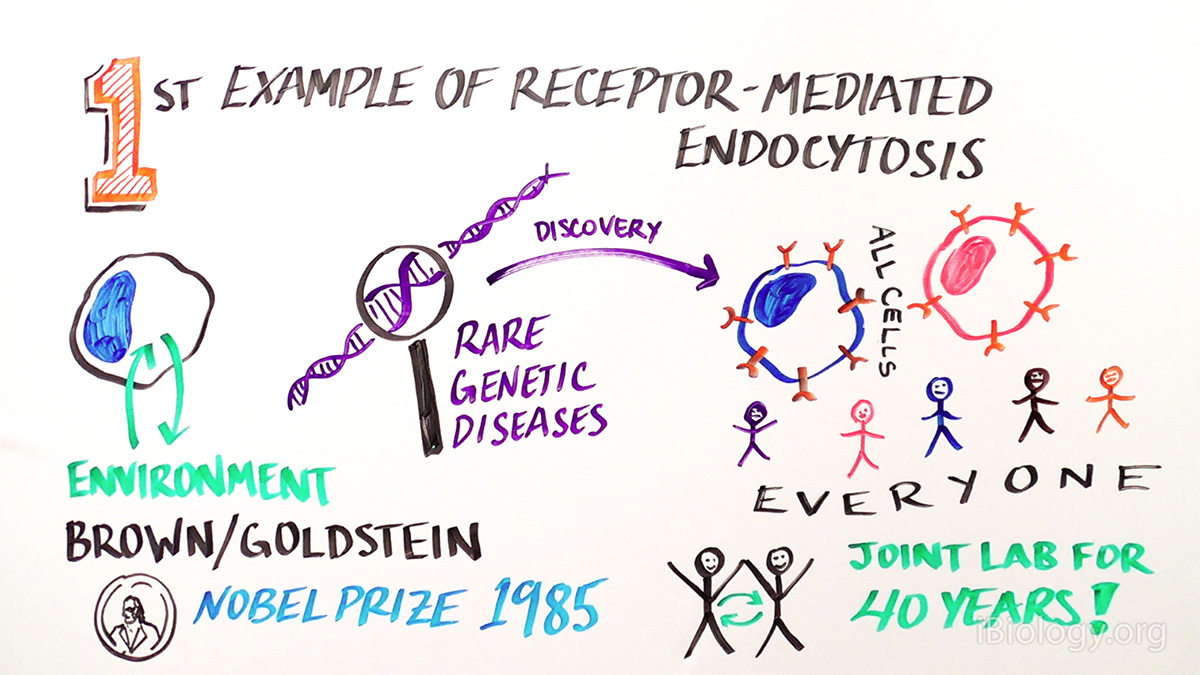
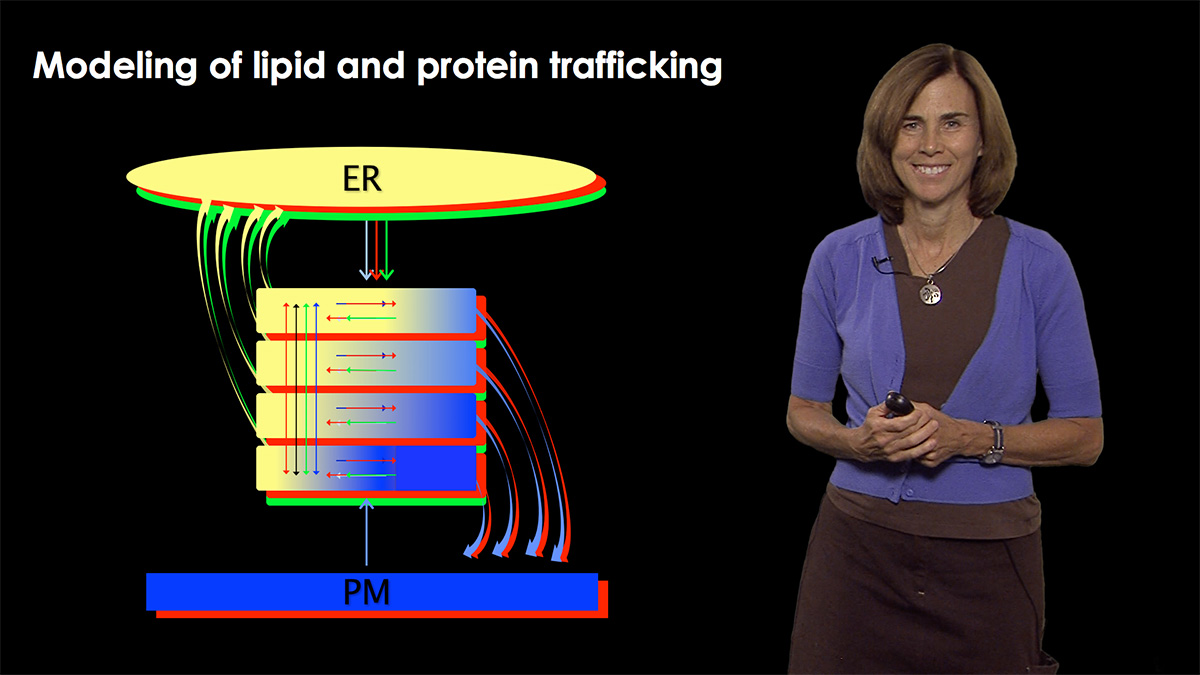
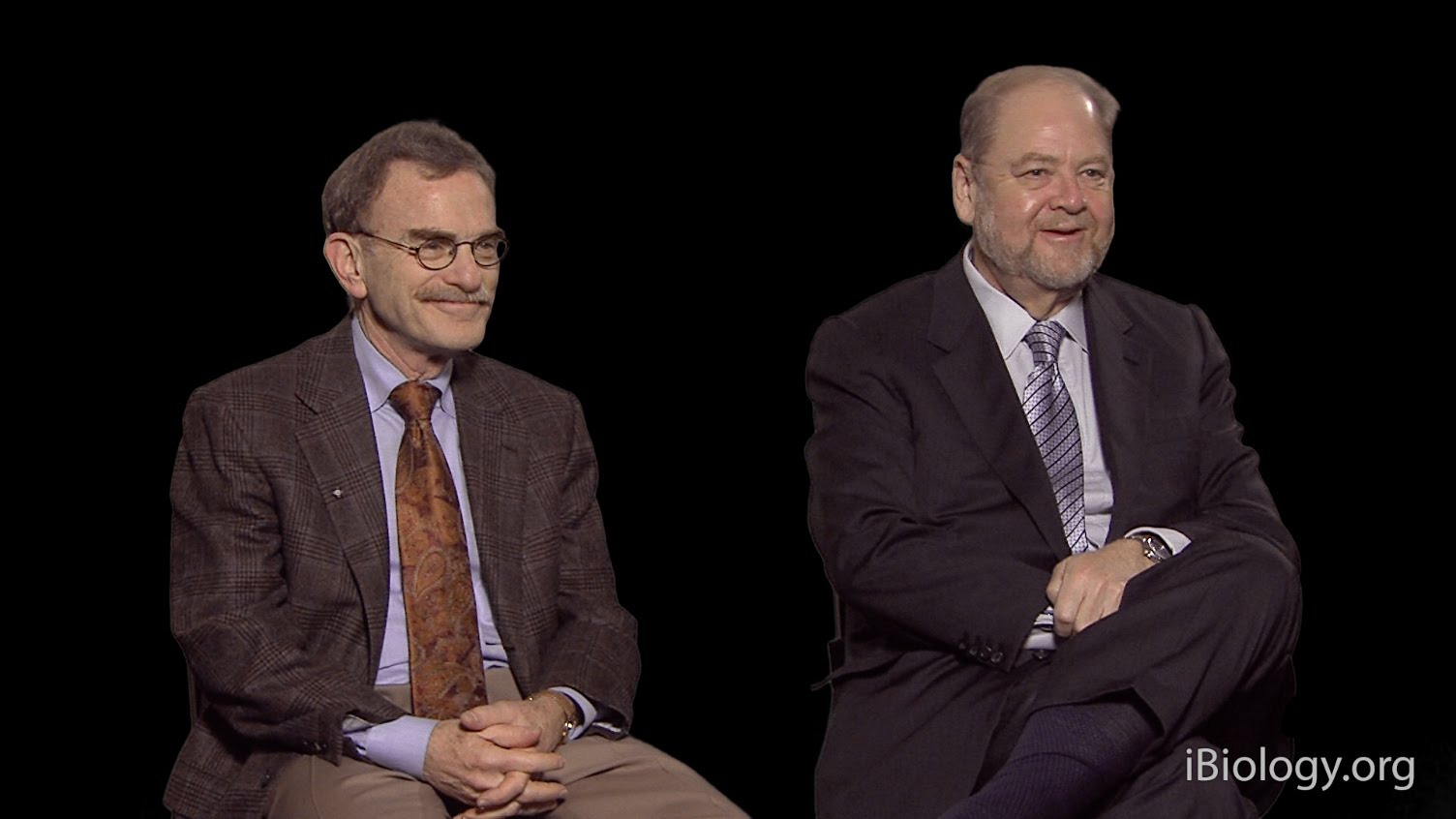
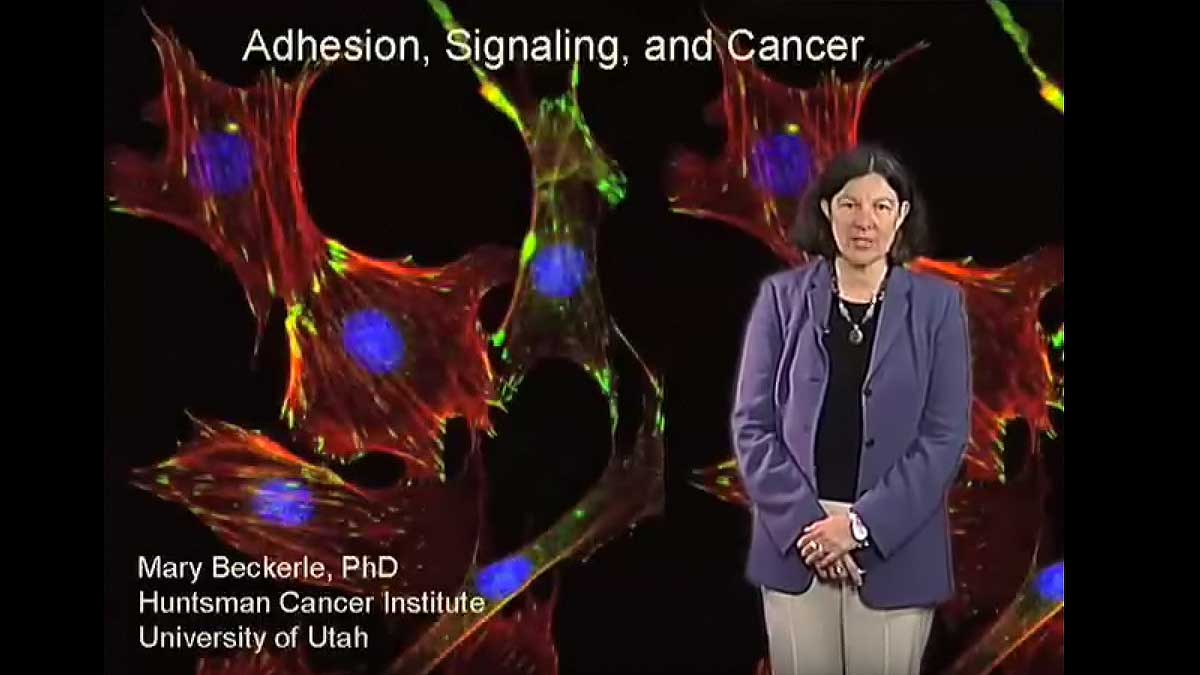
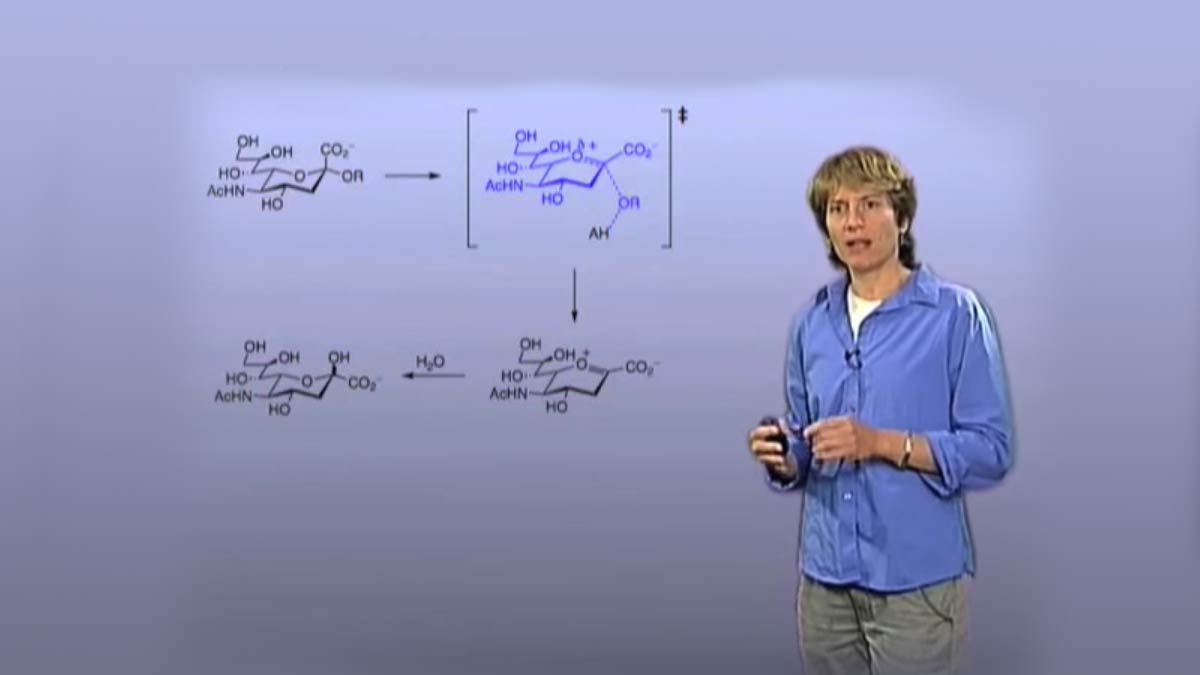
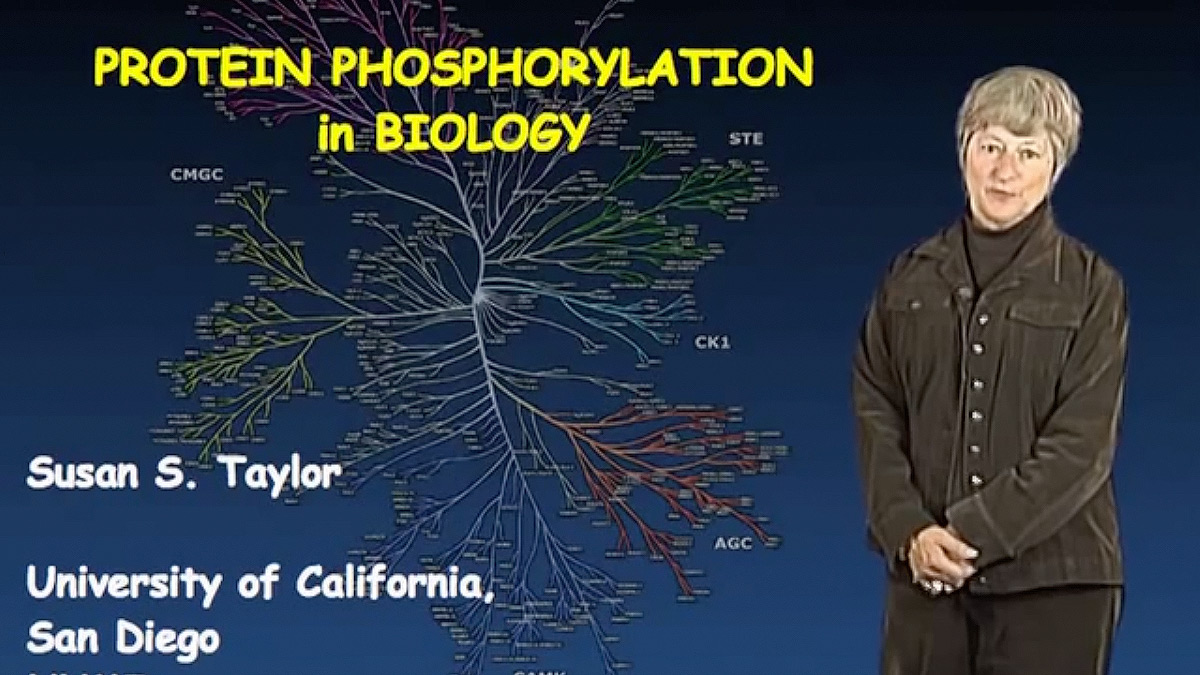
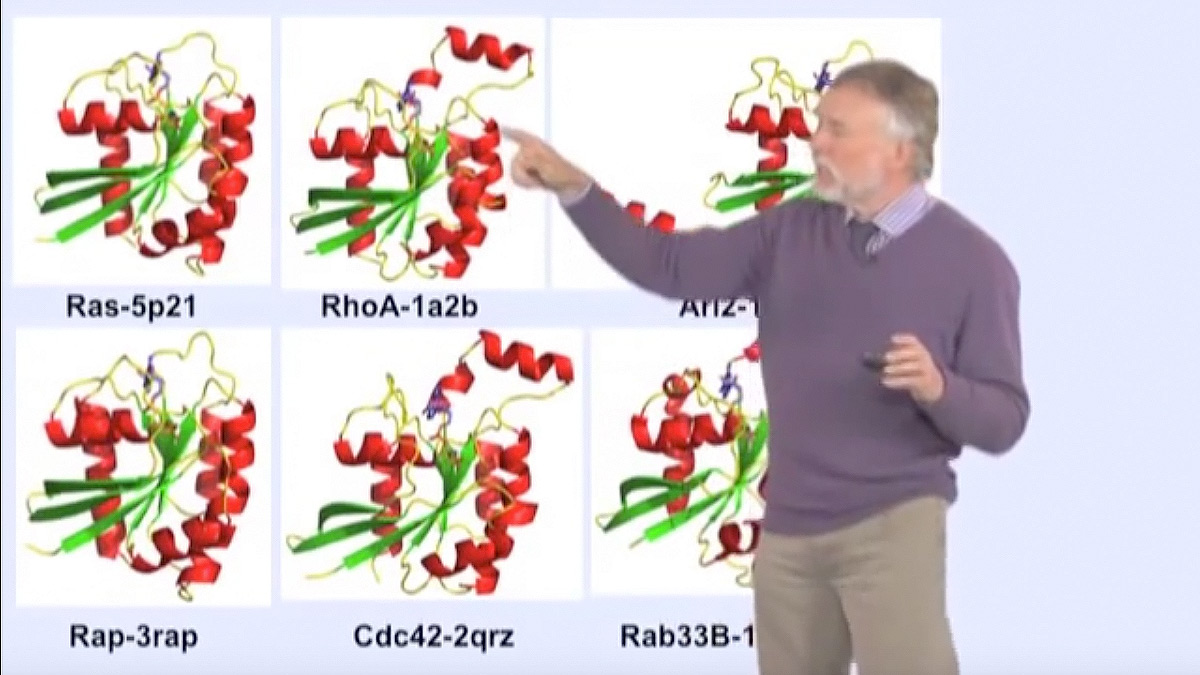





Mahmoud Adel says
Excellent work and well presented. I just want to comment that cancer mitochondria aren’t healthy as you mentioned in your presentation, if they were not dysfunctional, cancerous cells would stop fermenting when you upregulate MPC. Yes, you got smaller tumors, but it is still not a cure because the pathology of cancer comes from mitochondria dysfunction and alteration in the epigenetic landscape comes as a downstream effect of the disease. Random epimutations cause nuclear plasticity which leads to progressive aggressive tumor phenotypes (survival of the fittest between the tumor heterologous cells to cope with the tumor microenvironment).